Namibia to boost sulphuric acid production as critical mineral output rises
Zimbabwe issues six new TV licences amid diversity concerns
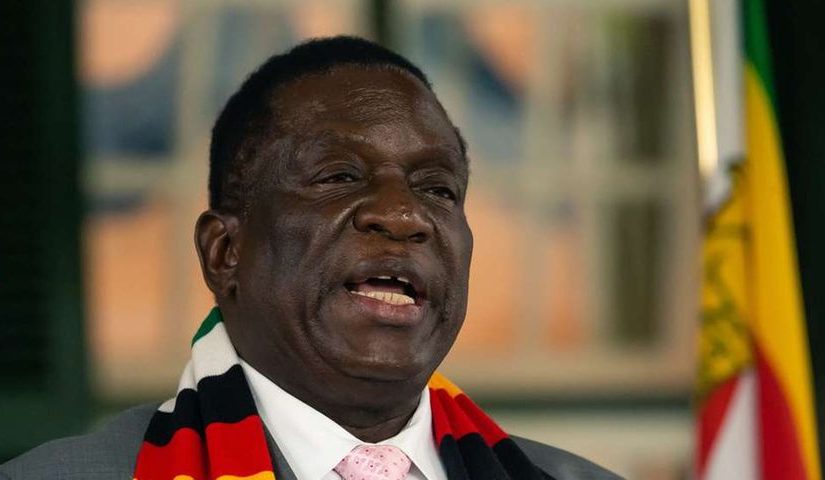
FILE - Zimbabwe President Emmerson Mnangagwa during a press briefing in Harare on March 17, 2020. [File photo: Jekesai Njikizana / AFP]
Zimbabwe on Friday issued six new free-to-air television licenses to companies linked to the State, including a firm owned by the military, following calls for licensing of independent broadcasters.
The southern African country has had only one television station since independence from Britain in 1980, which is owned by the government.
Zimbabweans accuse the Zimbabwe Broadcasting Corporation of biased coverage in favour of the ruling Zanu PF.
Charles Sibanda, chair of the Broadcasting Authority of Zimbabwe (BAZ), told journalists in Harare that one of the companies given a licence was Rusununguko Media Pvt Ltd, which is owned by the military.
State owned Zimbabwe Newspapers (Zimpapers), which runs the country’s biggest newspapers and commercial radio stations, was also awarded a licence.
No diversity
In its reaction to the development, the Zimbabwe chapter of the Media Institute of Southern Africa (Misa Zimbabwe) said it was worried that the licensing did not show any diversity.
“While the decision to license more television stations is a welcome development, Misa Zimbabwe is worried by the lack of diversity in granting the licences,” said the organisation that lobbies for freedom of expression.
“The new TV licence holders either already hold print or broadcasting licences or are linked to the government or the governing party,” it added.
“With this scenario, the country risks having a homogeneity of news and views, an anathema to democracy. If Zimbabwe is to have a truly diverse media, there is a need for more players from different backgrounds to be granted licences.”
Community radios
Zimbabwe is in the process of licensing community radios, but critics fear that the process would not be transparent.
“Misa Zimbabwe notes that the BAZ will soon start the process of licensing community radio stations and is worried that if this trend continues, only players with links to the government will be granted licences, yet again,” Misa Zimbabwe added.
“Misa Zimbabwe, therefore, calls for the genuine liberalisation of the airwaves, where diversity and pluralism are the guiding principles in the granting of licences.”
President Emmerson Mnangagwa, who toppled long time ruler Robert Mugabe in a 2017 military coup, is accused of going back on his promises to roll back tough media control laws.
The 77 year-old leader is also accused of closing down the democratic space by clamping down on critics who include journalists.
By Kitsepile Nyathi



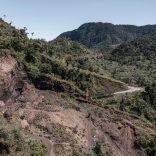
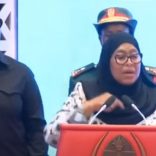
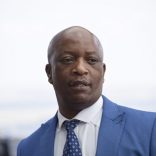
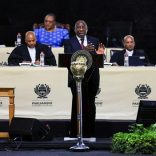






Leave a Reply
Be the First to Comment!
You must be logged in to post a comment.
You must be logged in to post a comment.